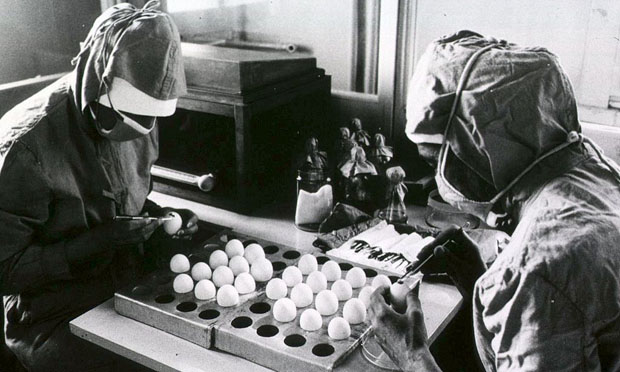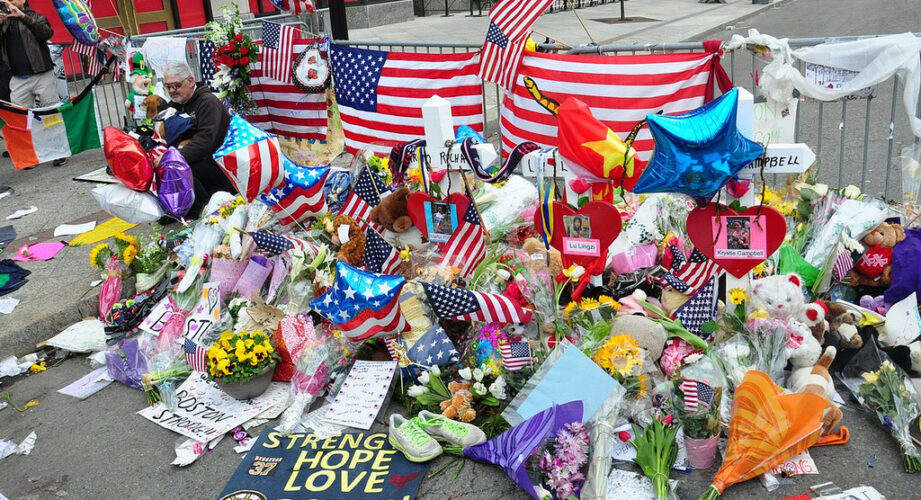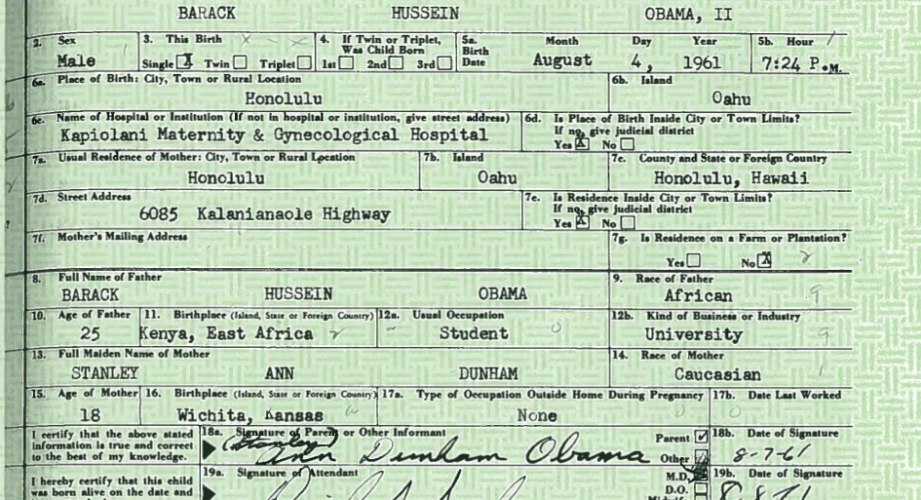Fake news and the spread of misinformation: A research roundup
This collection of research offers insights into the impacts of fake news and other forms of misinformation, including fake Twitter images, and how people use the internet to spread rumors and misinformation.









Expert Commentary